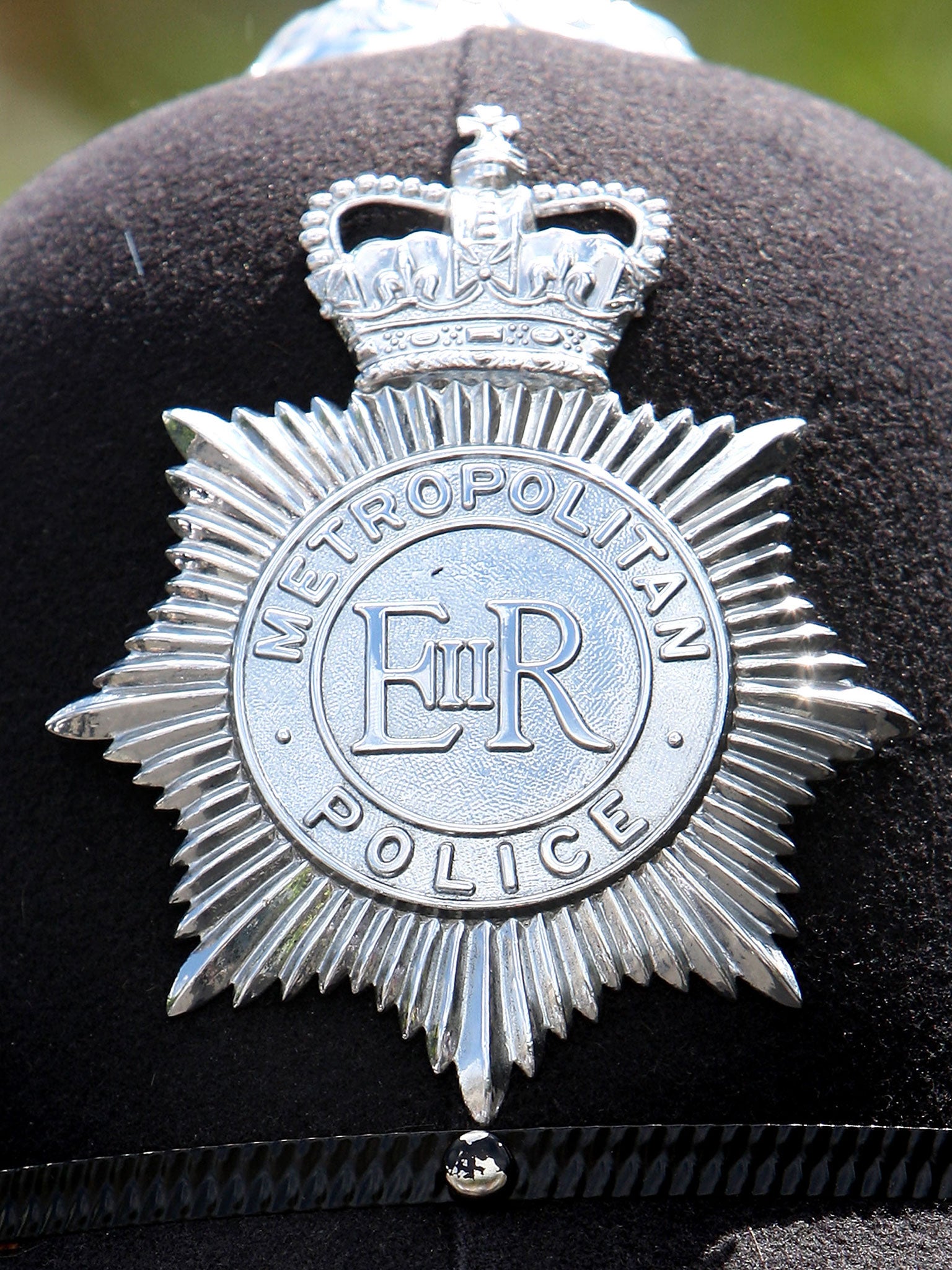Exclusive: Secret internal police report points to ‘highly corrupt’ cells in the Met
Three former Scotland Yard detectives seized drugs from criminals and sold them on

Three former Scotland Yard detectives were part of “highly corrupt cells within the Metropolitan Police Service” but have never been brought to justice, according to a secret internal report seen by The Independent.
The police officers, who left the Met to open a private investigation agency, were suspected of seizing tens of thousands of ecstasy tablets from criminals and selling the drugs themselves, according to a file produced by the force’s anti-corruption command.
The 2000 report said the officers also had links to London’s criminal underworld and were capable of tracking down and threatening witnesses involved in sensitive trials.
Despite the damning statements of fact in its internal file, Scotland Yard yesterday confirmed that none of the three ex-detectives have ever been successfully prosecuted.
The news will add to fears that the Metropolitan Police is unable – or unwilling – to tackle criminality in its ranks and follows a series of troubling scandals involving the tainted murder investigations of Stephen Lawrence and Daniel Morgan, revelations around the exploits of its rogue undercover police officers, and the fitting-up at the Downing Street gates of former Chief Whip Andrew Mitchell.
Keith Vaz, chairman of the Home Affairs Select Committee, said: “The Committee will be concerned by yet another piece of evidence which may point to further allegations of corruption in the Met. The police exist to remove drugs from our streets not to sell them.”
Mr Vaz also indicated the Home Affairs Select Committee is to investigate the thorny subject of police corruption after the parliamentary summer break, during a separate inquiry into organised crime. He said: “The Committee will wish to hear more on these issues as it looks into organised crime later in the year.”
The report, produced by the Met’s Directorate of Professional Standards 14 years ago, said the three former police officers were part of “highly organised and corrupt cells” within the Met.
It adds: “Over the years they have established numerous contacts within the Service and with outside agencies as well as amongst the criminal fraternity.
“The activities of the ex-officers in their capacity as private investigators will doubtless have increased the number of intelligence options available to them.”
The report also states the ex-detectives may try to frustrate an upcoming trial and trigger “negative publicity” which could have an “adverse effect upon the reputation of the Metropolitan Police Service”.
One of the suspected corrupt detectives was described as “highly experienced in police covert and surveillance and operational techniques as well as the use and handling of criminal informants”.
The report warns that two of the three suspected police officers “will resort to physical or psychological intimidation of the witnesses either directly or indirectly”.
In January, The Independent revealed the existence of Operation Tiberius, a secret police report written in 2002 that concluded there was “endemic corruption” inside the Metropolitan Police.
The file found organised crime networks in north-east London were able to infiltrate the Met “at will” to frustrate the criminal justice system.
Tiberius found organised crime syndicates had bribed scores of former and then-serving detectives in order to access confidential databases, obtain live intelligence on criminal investigations, provide specialist knowledge of surveillance, technical deployment and undercover techniques to help to evade prosecution; and take part in criminal acts such as mass drug importation and money laundering. Research suggests that only a tiny number have been convicted.
